Cybersecurity Myths Debunked: Separating Fact From Fiction
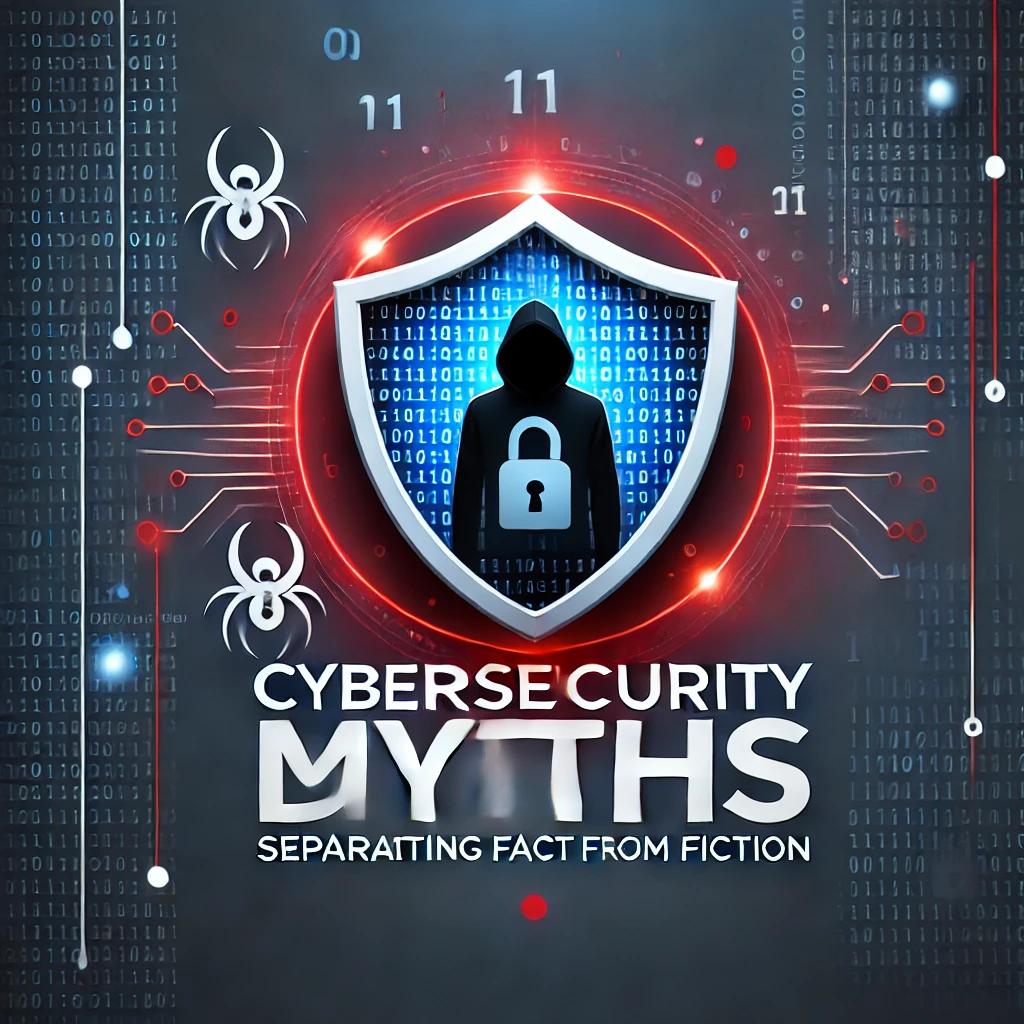
In the wild, wild west of the internet, myths about cybersecurity roam freely, preying on unsuspecting users. It's time to don our digital cowboy hats, load up our truth guns, and bust these myths into oblivion. Let’s dive into the hilarious world of what people think keeps them safe online and what actually does.
1. Myth: Macs Don’t Get Viruses
- The Reality: Macs are not some untouchable computers to viruses. They are only untouchable to us peasants. They might have some excellent security features but they can still be infected by viruses.
2. Myth: Antivirus Software Alone Keeps You Safe
- The Reality: Antivirus software can be as unreliable as your friends. It’s great for basic protection, but modern cyber threats laugh in its face. Moral of the story, Get new friends, and avoid downloading from unknown links or from visiting the dark web without a proper VPN
- Laugh It Off: Antivirus alone is like wearing a raincoat in a hurricane—you're going to need more than that.
3. Myth: Strong Passwords Are Enough
- The Reality: A strong password is essential, but hackers have tools that make your “P@ssw0rd123!” look like an open invitation. Multi-factor authentication (MFA) is like hiring bouncers for your passwords.
- Laugh It Off: Without MFA, it’s like locking your front door but leaving your windows wide open.
4. Myth: Public Wi-Fi with a VPN Is Always Safe
- The Reality: VPNs are great for encrypting your data, but they can’t stop someone lurking on public Wi-Fi from sniffing out vulnerabilities. Hackers on public Wi-Fi are like pickpockets at a carnival—you may not notice until your wallet’s gone.
5. Myth: Cybersecurity Is Only for Big Businesses
- The Reality: Small businesses and individuals are juicy targets because hackers assume you’re running your defenses on duct tape and a prayer.
- Laugh It Off: Saying “I’m too small to be hacked” is like saying you’re too short to be mugged.
Wrapping It Up
Understanding these myths helps individuals and businesses adopt a proactive and layered approach to cybersecurity, ensuring better protection in a constantly evolving threat landscape.













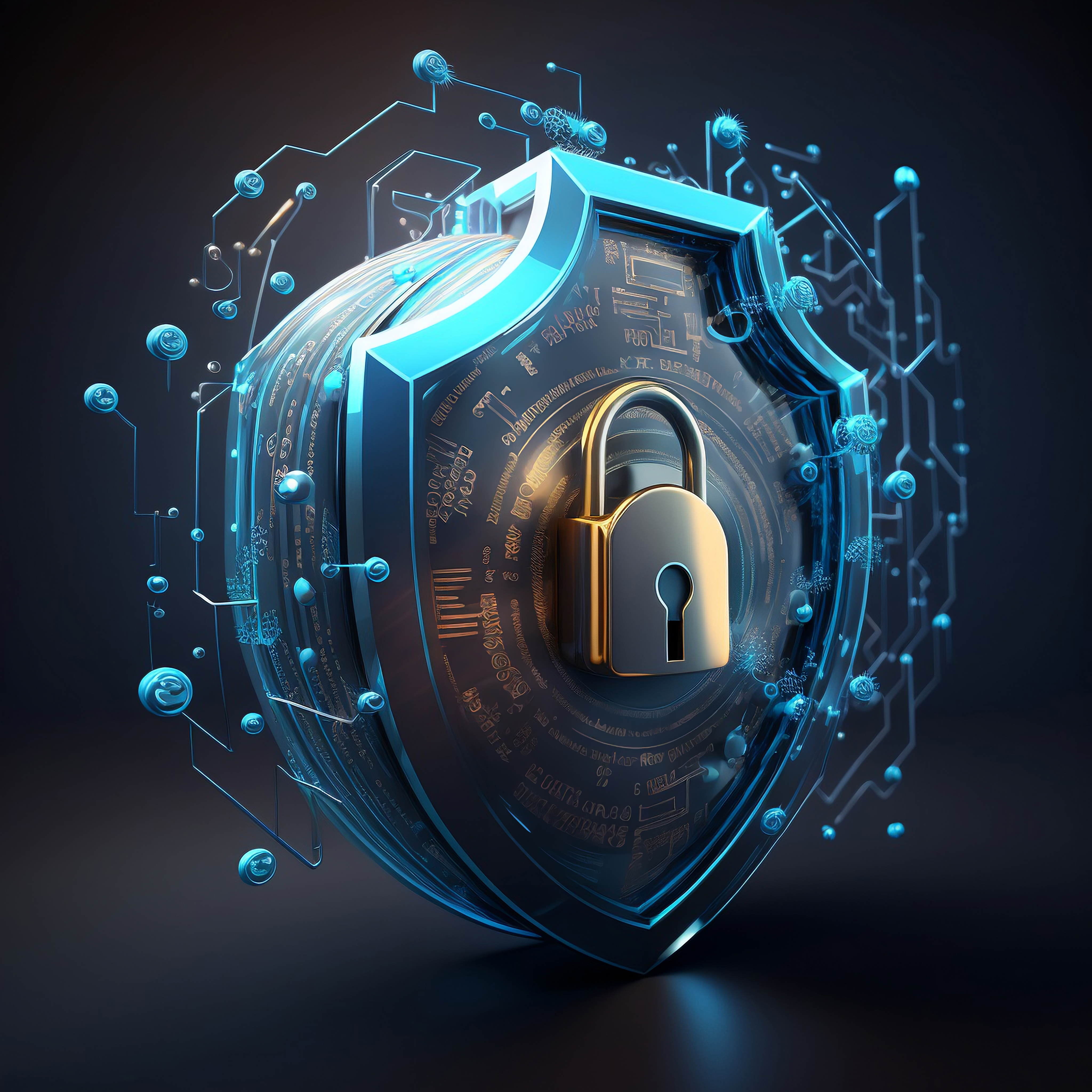

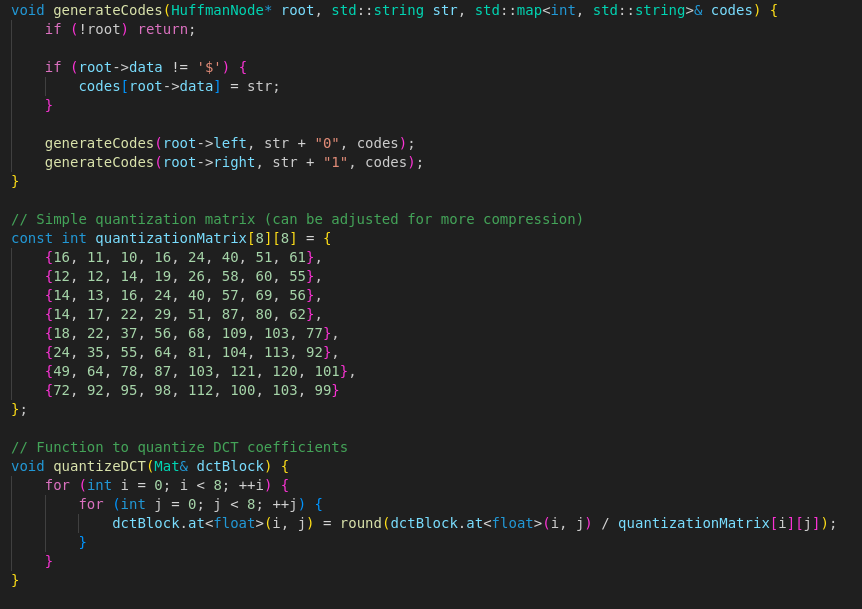
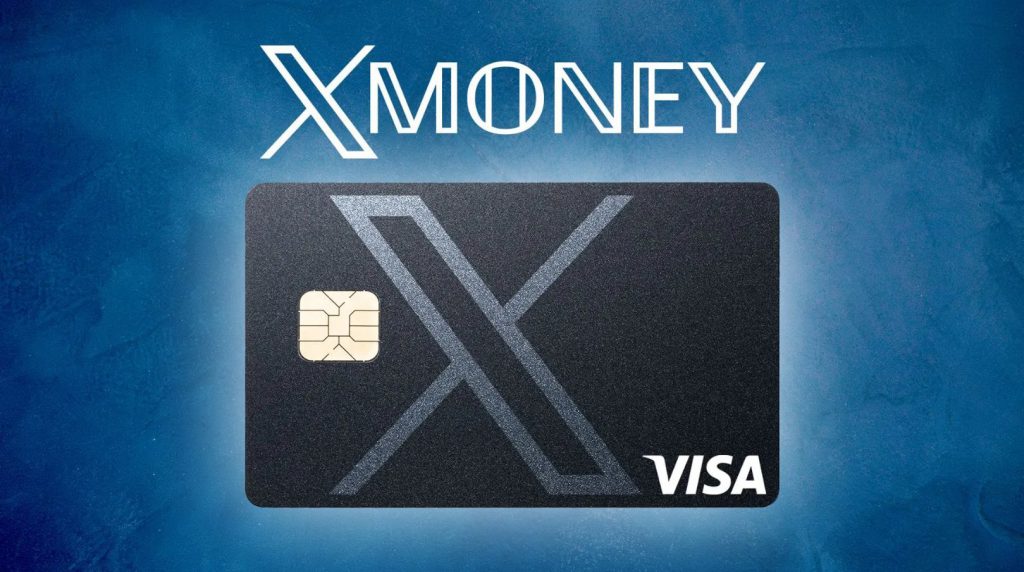
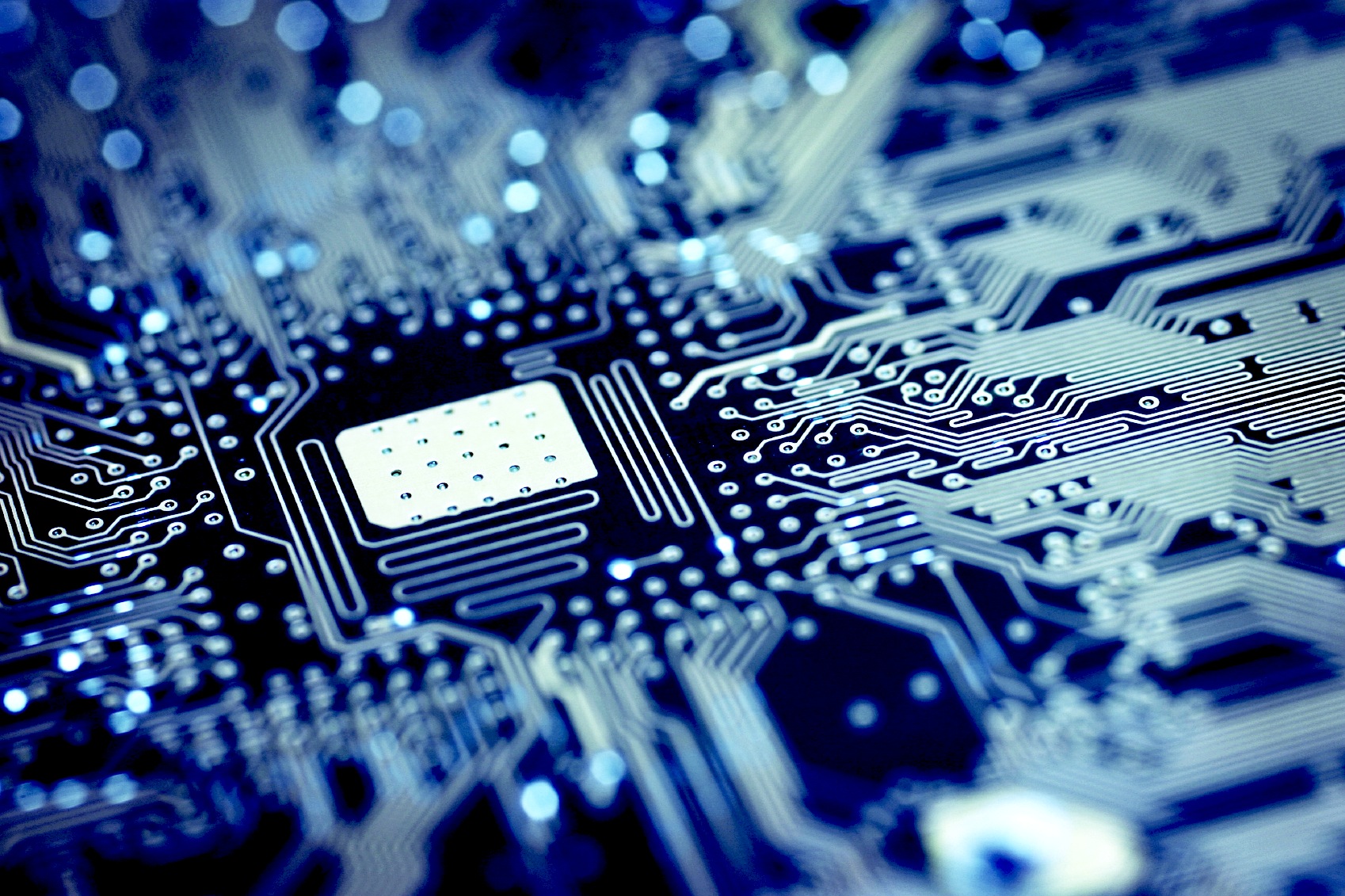


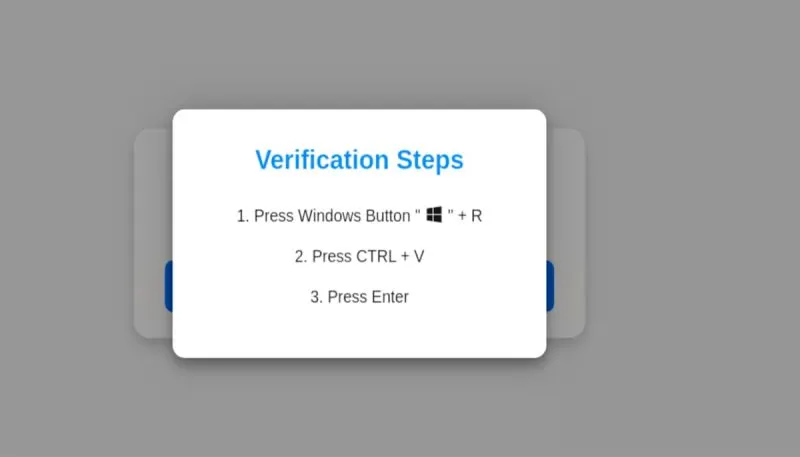
Comments